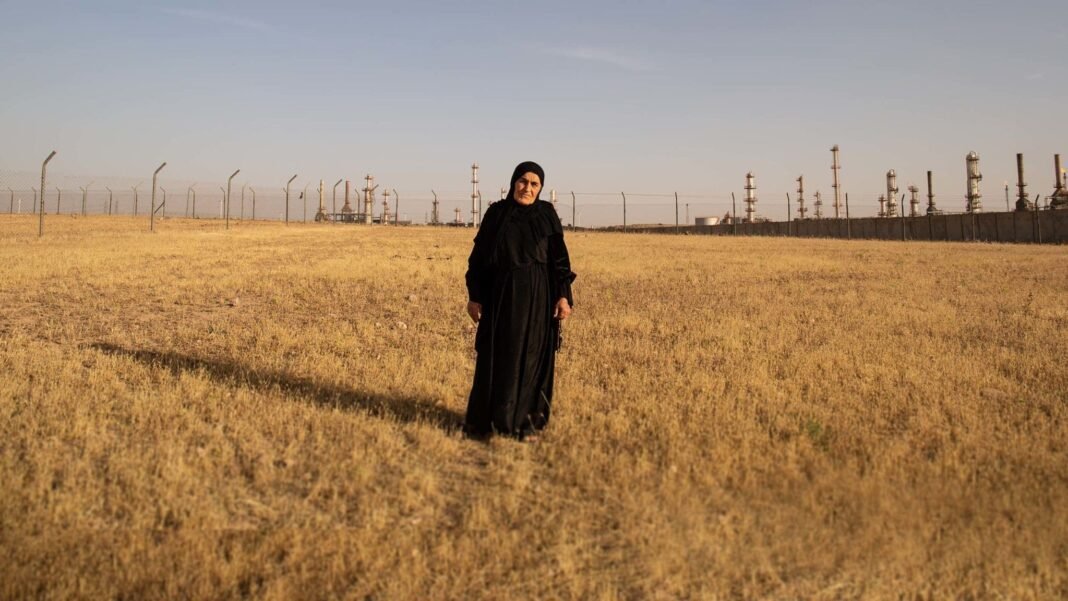Iraq’s agricultural pollution challenge is drawing serious concern, particularly in the Kurdistan Region, where food safety has come under scrutiny. According to experts and health monitors, many vegetables sold in local markets contain dangerous levels of heavy metals, chemical residues, and harmful bacteria.
Public health officials, including representatives from the World Health Organization (WHO), have raised red flags. They warn that unchecked pollution in agricultural practices threatens both public health and long-term food security in the region. The presence of these contaminants often results from poor waste management, unregulated industrial runoff, and overuse of pesticides and fertilizers.
Local farmers and vendors, while central to the food chain, face limited support and guidance on sustainable practices. Many rely on nearby water sources that may carry industrial waste or untreated sewage. This water, when used for irrigation, contributes directly to the contamination of fresh produce.
So far, few concrete government programs have addressed the root causes. Although regional authorities have voiced concern, enforcement of environmental laws remains weak. A clear lack of coordination between health, environment, and agriculture ministries also slows down response efforts.
Still, community-driven approaches offer some hope. Local researchers, agricultural engineers, and civil society groups are beginning to develop homegrown solutions. These include promoting organic farming techniques, improving soil testing, and pushing for wastewater treatment projects. Some Kurdish farmers are even partnering with NGOs to pilot low-cost filtration systems for irrigation water.
Experts stress that reversing Iraq’s agricultural pollution challenge requires more than awareness. It demands real investment in rural infrastructure, stricter oversight of pollution sources, and better training for farmers. Public health campaigns must also educate consumers on washing and handling produce to reduce risk.
In the broader context, the issue ties into Iraq’s long-term development goals. Food safety is central to economic stability, rural development, and environmental sustainability. Without serious action, the health risks could grow, and trust in local farming could collapse.
Whether Iraq’s agricultural pollution challenge can be reversed depends largely on local capacity and political will. As awareness spreads, the region must decide whether it will continue on its current path—or begin cleaning up its food system from the ground up.


